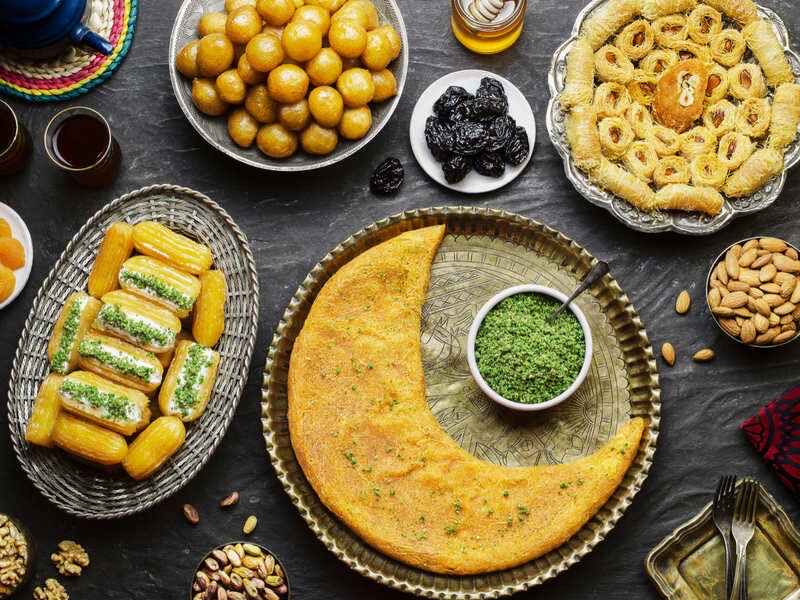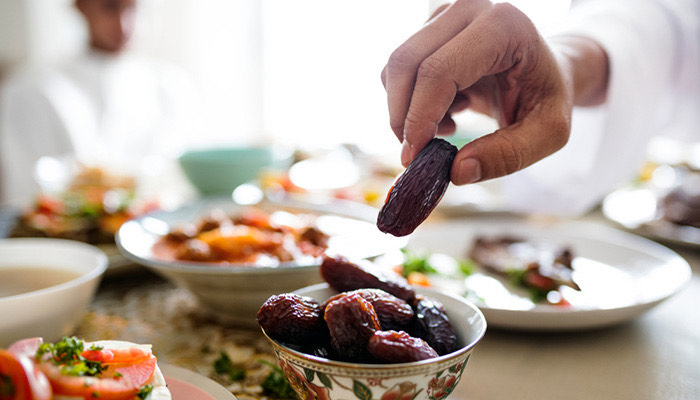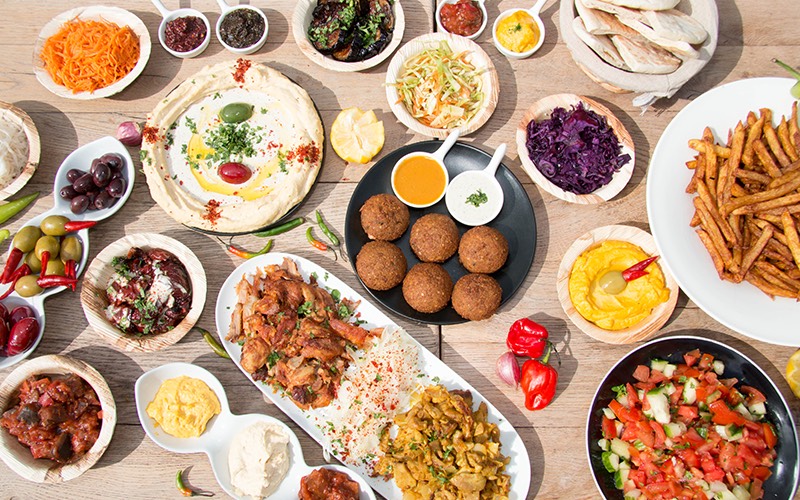Here are our top 6 tips for you, to stay fit and healthy while fasting during the month of Ramadan.
Stay Hydrated

Keeping yourself hydrated is essential, you can stay hydrated by increasing your intake of water and fresh juices, as well as consuming hydrating fruits, such as watermelons and green salads, that contain cucumbers and tomatoes.
Avoid caffeinated drinks such as coffee, tea and soft drinks, because caffeine promotes fluid loss as they make some people urinate more often, which may lead to dehydration.
Go for a low-calorie Sehri

Choose quality over quantity, it is vital to have a well-balanced Sehri with a fair share of fiber and proteins. Foods high in fiber, such as fruits like apples, banana, and apricots and grains like barley, chickpeas and oats instill a feeling of fullness and help prevent constipation. Foods rich in protein, such as milk, eggs, chicken, yogurt and lentils, also keep you full for longer and help strengthen your immunity.
Say No to Sugary Foods

In Ramadan, you should limit your intake of sugary foods, as these promote unhealthy weight gain and lethargy. Instead of traditional Ramadan dishes that are rich in syrup, opt for healthier alternatives such as fruit juices and slushes, made up of watermelons or any other seasonal fruit, such as peaches to satisfy your sugar cravings.
Avoid Eating Salty Foods

You should limit your salt intake, as salt increases thirst. Avoid foods containing large amounts of salt, such as processed and salted meat, snack foods, spreads and sauces (such as mayonnaise, mustard, ketchup). When preparing the meal, it is advised to replace salt with various herbs to enhance the flavor of the foods.
Break Your Fast with Dates

Eating dates to break your fast is a traditional and healthy way to begin Iftar. Dates are an excellent source of fiber and provide a nutritious intake of natural sugar. Fasting causes low sugar levels, which can quickly be replenished by beginning your Iftar with 3 dates.
Don't Overeat During Iftar

Iftar should be a well-balanced and nutritious meal. Excessive consumption of food can result in weight gain. Moreover, overeating can cause ailments such as abdominal pain, upset stomach and intestinal disorders.

